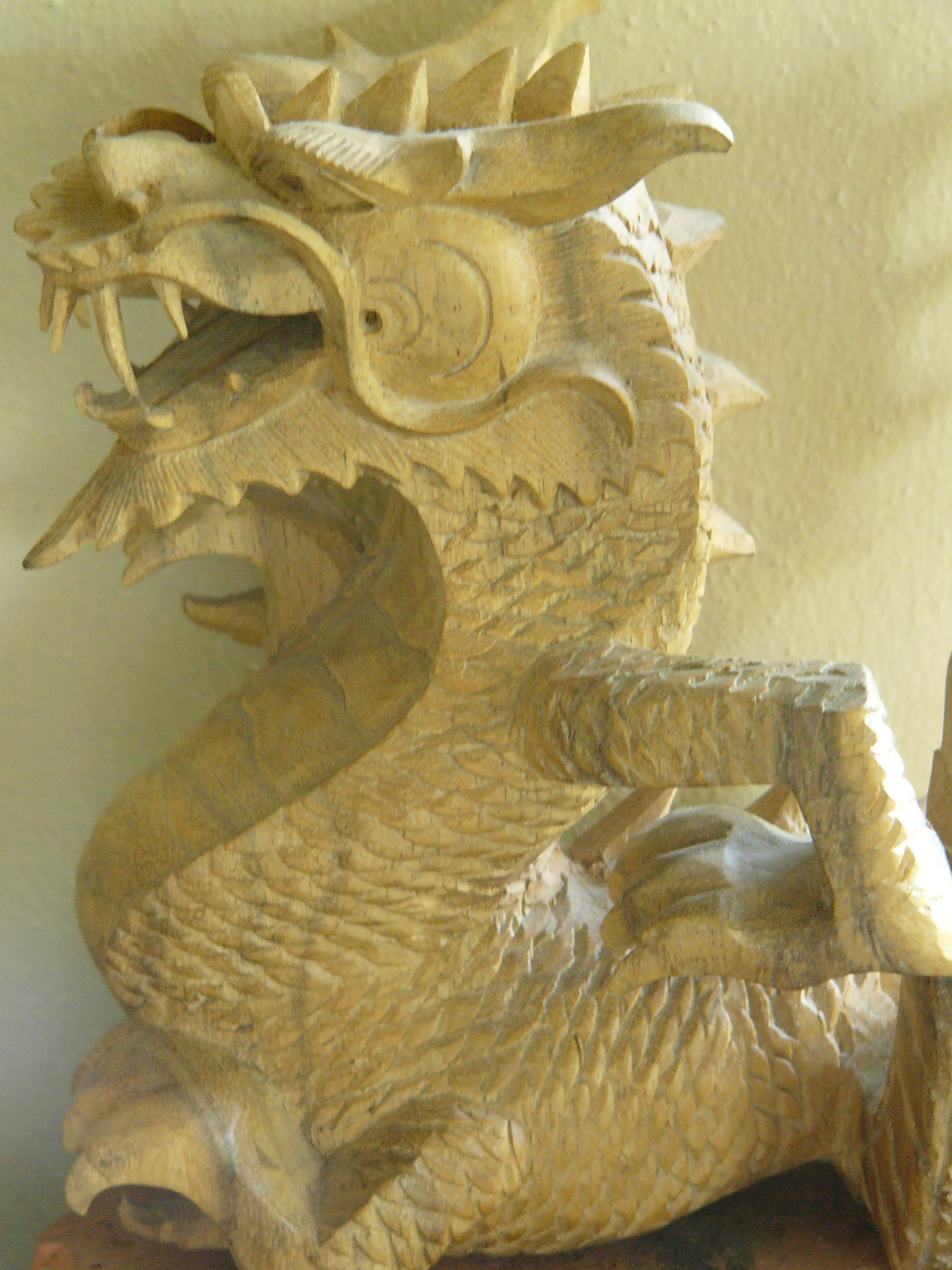Often the Tao Te Ching seems to be skipping around all over the place.
Chapter 5 was the ‘straw dog’ chapter. There, heaven-and-earth are said to be ‘inhumane’. Then comes a detour to ‘valley spirit’ and ‘Great Mother’ in chapter 6, which is often translated so it seems the whole life-process turns on ‘emptiness’. In chapter 7 we’re back to heaven-and-earth again: this time, heaven-and-earth are said to be ‘not self-interested.’
In this common reading, ‘inhumane’ and ‘not self-interested’ are uneasy bedfellows and the Valley Spirit chapter seems to be stuck in between them arbitrarily.
But there’s actually a nice sequence to the chapters starting to show up when I stay strictly with how the text can make sense from inside the experience of my own life process. Read this way, ‘inhumane’ could actually be an invitation to a heartfelt, near-instinctive reverence for the natural world and human beings as part of it, instead of the rule-based ‘goodness’ (see chapter 5 commentary) implied by the word ‘humane’. The core quality of the ‘Great Mother’ could be ‘devotion’ instead of ‘emptiness’. We’re beginning to uncover a different, more heart-centered way of reading the Tao Te Ching.
And chapter 7 builds so easily on this! The chapter tells us that the sage acts without self-interest and thereby has himself. I know that experience of acting without self-interest, and having myself more fully in those moments. So how does that happen? -what’s going on there?
Immediately I get right back to devotion! When I’m devoted, my whole being is acting for the sake of something that matters; something I care about in a sustained way. And that devotion is self-sustaining. It feeds on itself. I’m energized by my devotion.
I think about the mother Inca dove I watched feeding her two fledglings in my windowsill a few weeks ago… And the trees pumping sap up to the new buds, a few weeks before that. This beautiful world is fueled by devotion, if you look just below the surface!
Turns out we may actually need the valley spirit chapter in between ‘inhumane’ and ‘not self-interested’: with it, the whole thing opens up beautifully.
heaven is eternal
earth endures
why? what is their secret?
because they don’t live for themselves
they are long-lived
thus the sage puts his self in the background
and yet finds his self in the foreground
treats his self as incidental
and his self is safe
is this not because
he has no thought of self?
thus, he has the power
to realize himself.
— Kye Nelson: translation and commentary on Lao Tzu’s Tao Te Ching
Comments? Burning questions? Leave them here
This post was written as part of the tao together project. Would you like to join us?
©2010 Kye Nelson
